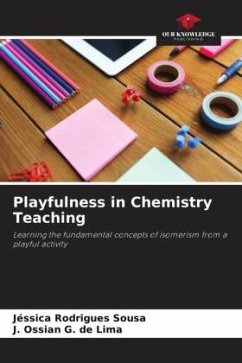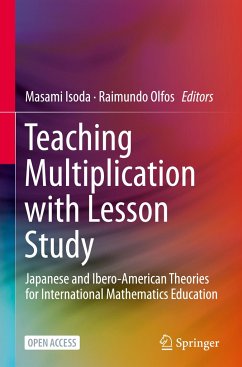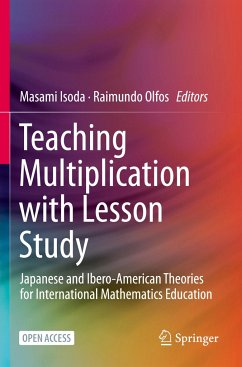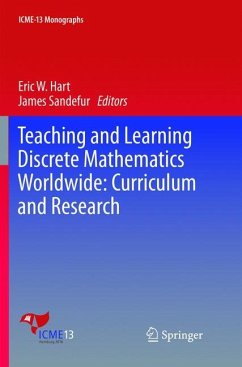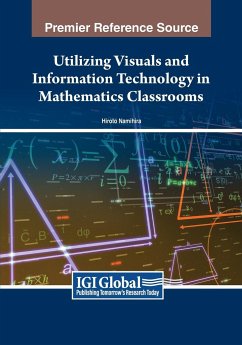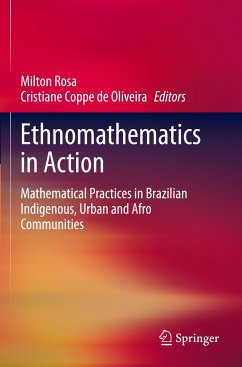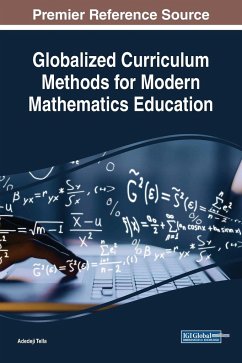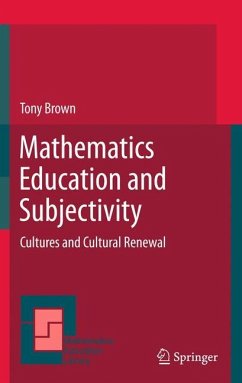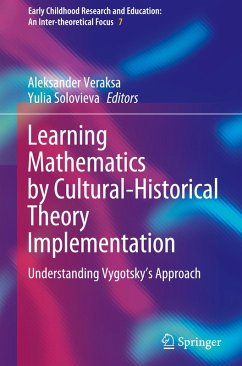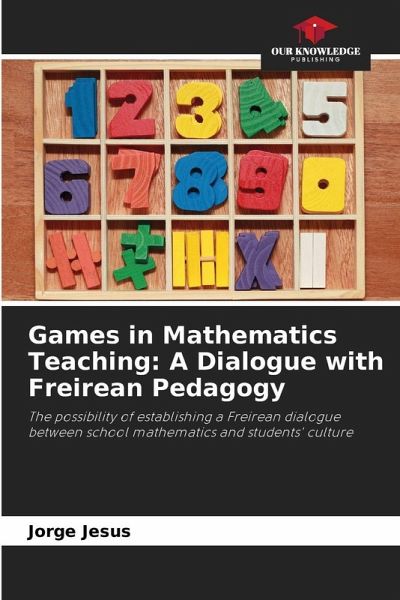
Games in Mathematics Teaching: A Dialogue with Freirean Pedagogy
The possibility of establishing a Freirean dialogue between school mathematics and students' culture
Versandkostenfrei!
Versandfertig in 6-10 Tagen
24,99 €
inkl. MwSt.

PAYBACK Punkte
12 °P sammeln!
In an attempt to facilitate the teaching of mathematics in elementary school, making it less abstract and rigid in relation to its specific content and closer to the reality of students, this work aims to show a different perspective on students' prior knowledge and pedagogical practice in the classroom of mathematical content, based on students' culture and Freirean pedagogy, proposing a playful methodology of autonomy in mathematics education. Freire (1999) introduces Pedagogy of Autonomy, explaining his reasons for analyzing teachers' pedagogical practices in relation to students' autonomy ...
In an attempt to facilitate the teaching of mathematics in elementary school, making it less abstract and rigid in relation to its specific content and closer to the reality of students, this work aims to show a different perspective on students' prior knowledge and pedagogical practice in the classroom of mathematical content, based on students' culture and Freirean pedagogy, proposing a playful methodology of autonomy in mathematics education. Freire (1999) introduces Pedagogy of Autonomy, explaining his reasons for analyzing teachers' pedagogical practices in relation to students' autonomy of being and knowing. It is understood that educators must be in constant training, as human beings demonstrate their abilities by developing their skills through their profession. Otherwise, the student will be a mere receiver of information, and what the teacher should propose is "an approximation of the students' prior knowledge, so that with this information they will be able to present the content to the students, who will have the power and space to question the new knowledge" (FREIRE, 1999). Thus, this work is based on qualitative and ethnographic research.



